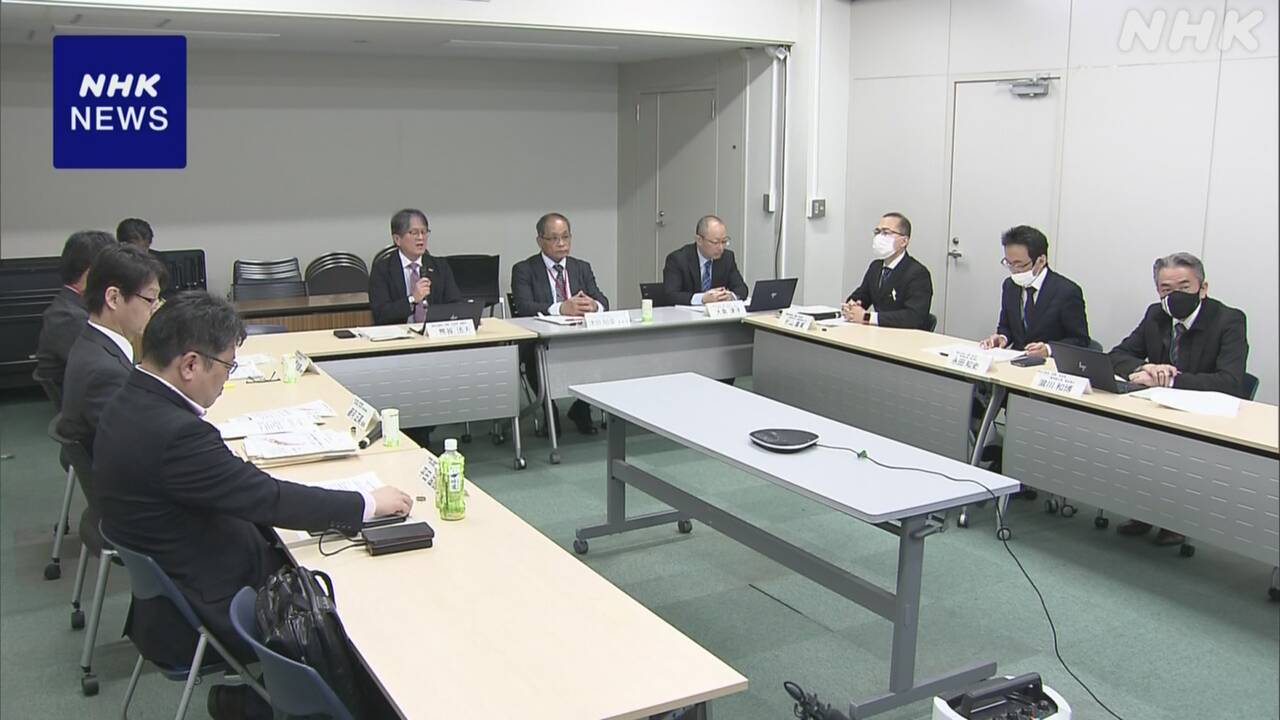Regarding ASF (African swine fever), an infectious swine disease that is feared to be introduced into Japan, the Ministry of Agriculture, Forestry and Fisheries has established basic guidelines that include specific measures to prevent the spread of infection in case an outbreak occurs in wild boars in Japan. We have summarized the policy.
ASF (African swine fever) is a contagious disease caused by a virus different from CSF (swine fever), and although it does not infect humans, the fatality rate is said to be almost 100% when pigs or wild boars are infected, and when it occurs, the livestock industry is affected. There are concerns about the impact.
No infections have been confirmed in Japan to date, but since December last year, the infection has been spreading among wild boars in Busan, in the southeastern part of South Korea, increasing the risk of the virus invading Japan. It has been with.
Regarding this, the Ministry of Agriculture, Forestry and Fisheries held a meeting of experts on the 22nd and compiled a basic policy that includes specific measures to be taken in the event that African swine fever is confirmed in wild boars in Japan.
Among these,
if an infected wild boar is found, the virus left on the carcass etc. can also become a source of infection, so it must be disposed of quickly by incineration,
etc., and it must be checked whether there are any other dead boars within a 3km radius. The law
requires prefectures to restrict access to mountain trails and other areas in order to prevent the spread of the virus
.
The Ministry of Agriculture, Forestry and Fisheries is calling for caution among people involved in livestock farming, and plans to notify prefectures of this basic policy soon.

